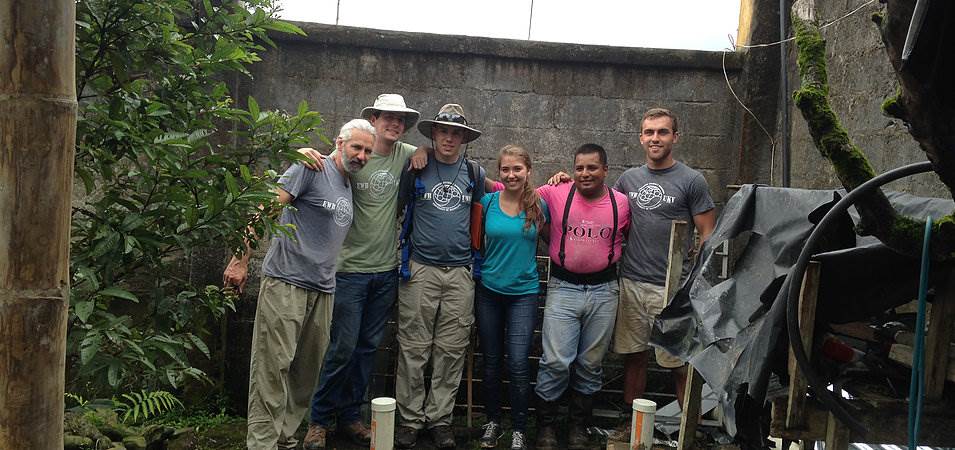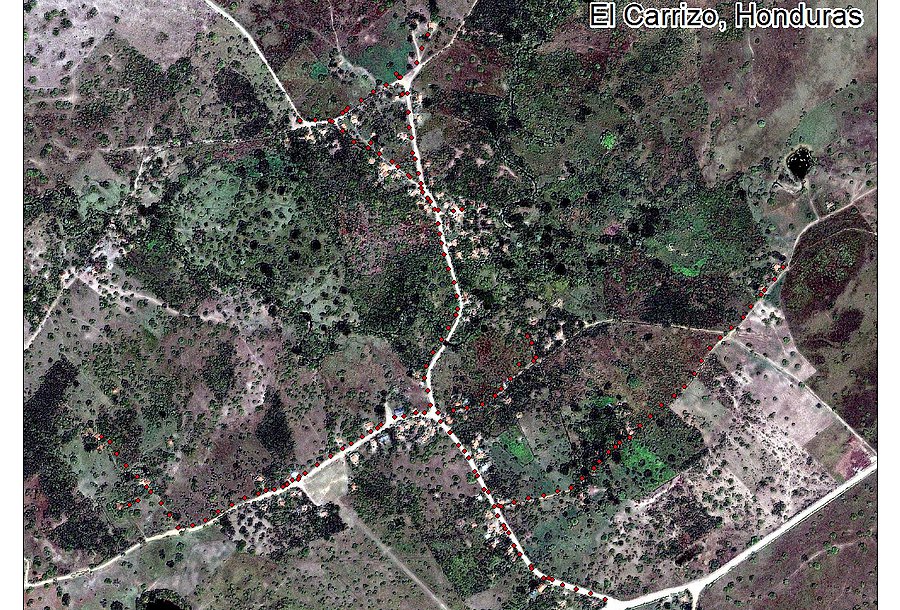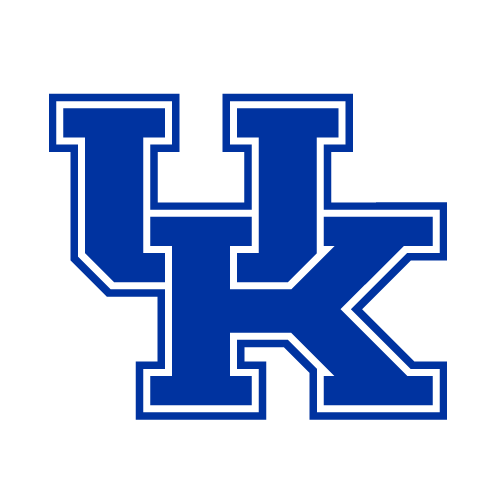
Assessment Trip Summer 2017
After the closure of the Coaque project, we sent a new travel team to Malawi. The team visited with multiple schools in need, and determined which school would benefit the most from out help. Many schools experienced similar issues such as too few latrines, inadequate or non-functioning water points, and the lack of a suitable kitchen area. We will be returning in the summer of 2018 to the Linthipe Primary school with hopes to implement a new kitchen structure, retrofit a few latrines so that they can be cleaned, and build two hand washing stations for the students and staff.
Assessment Trip Summer 2016
In 2016, we started a new partnership with the community of Coaque (in the vicinity of Pedernales), Ecuador. The earthquake in April 2016 has heavily impacted the area. As of August 2016, most of the village lived in tents or emergency shelters. The desired project is to design a cacao processing plant, where cacao beans will be fermented and dried in order to fetch higher prices as a finished product. On our assessment trip in August of 2016, we gathered the required information for the design. The addition of a community-owned processing facility will increase the income of each farmer by a factor of four and provide them with the funds to improve the quality of life for the entire community.
From 2014 to 2016, EWB-UKY worked with the Barrio 9 de Marzo, a 120-family community in the outskirts of Santa Domingo, Equador, on a sanitation project. The community lacked any sewer system and the grey and black water was deposited in septic tanks that had no walls. The sewage from these tanks had the potential to contaminate the ground water that many people used for their daily needs. This would also result in health issues. Our work focused on retrofitting the septic tanks with a pipe and cap in order to allow for periodic cleaning of the tanks. We also developed a cleaning schedule for the community and a funding mechanism through the local NGO for ensuring that cleaning would be completed as scheduled.
Community Background
The community of El Carrizo is composed of 121 low income families, and is located half an hour from the city of Choluteca. This community consists of one health care center, one community service center, two churches, and one school. It is noteworthy that there is no potable water system in place–only a well that works through a Kardia manual pump. People draw water and carry it on foot, bicycle, or horse drawn cart. Children often miss time from school carrying water to their homes. Furthermore, there is a substantial prevalence of waterborne illnesses in the community. For all of these reasons, the construction of a potable water system is necessary to solve school absenteeism, and prevent waterborne illnesses like diarrhea and parasites.
Assessment Trip Summer 2012
The objectives of our Assessment Trip were as follows:
- Collect required data. The goal was to supplement the available data and identify areas of concern to be addressed in the final design.
- Identify community needs. The objective was to meet with locals and determine their specific needs regarding the project.
- Educate community on project. The goal was to assure that the community understood what would be required from them to complete the project.
Upon arrival in the community, we met the community members and leaders. We presented why we were there and identified the issues that the community would like to see addressed. We also tried to assess the priority levels of the different areas and projects based on our capacity to complete them in a reasonable manner and time frame.
We solicited the help of community members to observe the sites where projects may be completed and we took measurements for use in our project-development back in the US. Some of the areas to be addressed are the existing pumps, the possible need for a well, and the revision of the existing design for the distribution system. We identified the water runoff areas and determined the potential for providing water from the best possible location. We interviewed community members about trends in the seasonal rainfall.
To assure the success of the projects, we interviewed the community members about past construction projects and how they were carried through in order to avoid providing similar solutions that were not successful. We tried to find out how supplies would get there, who in the community would be able to help, where else we could find help with construction, and where the required machinery could be obtained.
Map of our Community
We mapped the area using GPS devices and we obtained the maps generated by previous teams for their project in the same area. In short, we gathered all information possible about the area, community, and community members that will assist in our project planning throughout the next year.
El Carrizo, Honduras

Background
The community of Nkuv is located in the Northwest part of country of Cameroon, Africa. The road from Nkuv to the closest major city, Kumbo, is in poor conditions. The road is 40 kilometers, with 7 kilometers in very bad conditions. The cause of this road problem is the lack of finance and equipment for repairs. For over 18 years now, there have never been any repairs on the Nkuv-Kumbo road. Because the culverts, ditch lines are not built, and during the rainy season it always washes everything away since the water is running directly to the road.
The Need
The road is approximately 40 kilometers, but 7 kilometers was in major need of repair. Travel by motorized vehicle was difficult through these portions, and almost impassable during times of heavy rainfall. By foot, it is a 5 to 6 hour walk. With the proposed road improvements, there will be significant benefit to the inhabitants of the small community of Nkuv. These benefits include expedited access to health care facilities in Kumbo and the realization of business development opportunities in Nkuv.
EWB Response
Assessing Current Conditions:
The project entails many aspects. First of all, an engineering assessment/survey of the current road conditions to determine the required work for repair and future maintenance. Then the EWB travel team must design a sustainable solution for the community and implement the project design. Once on site for implementation, the community must be trained in erosion control and proper on-going maintenance of the road to help the citizens of Nkuv improve the road themselves in the event the road is damaged.
The estimated cost for the road improvements is approximately $60,000. The road will be repaired in sections to improve the bad portions by constructing the culverts, drainages, and eliminating the rocks by replacing them with the gravel soil. The culverts and drainages will be a great help to keep the road safe from the possible floods from the hills. Presently water floods out to the road and creates water ways, which is the main cause of the road problem. The Nkuv community before the rainy season goes out to repair the road with their shovels, and other material, but because of the lack of finance to construct the culverts and drainages to prevent floods from running across the road, it has been impossible to get the road repaired.
Impact
With EWB UK helping this community, they improved the lives of at least 800 people. Faster travel time from Nkuv to Kumbo decreased the incident rate of death of the unborn children. Improved road conditions eliminated the need for the sick to walk to the hospital in Kumbo, therefore enhancing patient treatment and recovery. In addition, medical professionals from Kumbo are now able to easily travel to Nkuv to provide medical care. The road improvements provided improved travel access to the community of Nkuv. This will allow business development opportunities to move forward and provide employment for Nkuv residents.The cost to transport goods to Kumbo will be reduced because of the reduction in the travel time and through the use of less costly vehicles. Each of these aspects will increase profits of, and raise the quality of life for the Nkuv residents.

